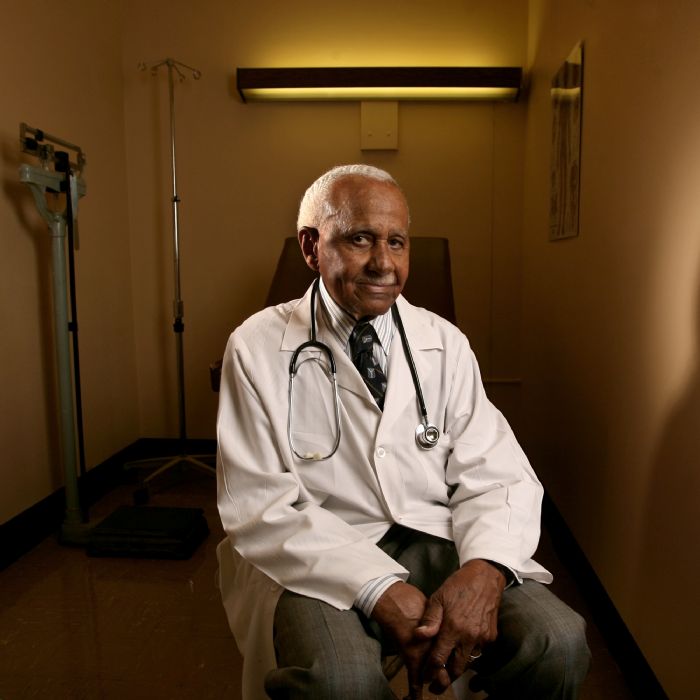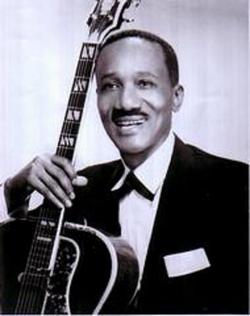
Happy Friday POU Family! Continuing the theme of this week’s threads highlighting African-American Centenarians.

James Whittico Jr. (November 18, 1915 – August 21, 2018) was an American physician from St. Louis, Missouri. He was the first African American named a full clinical professor at any medical school in St. Louis and was the fourth African American in St. Louis to be named a fellow for the American College of Surgeons. Dr. Whittico was in the private practice of medicine specializing in surgery from 1952 until 2015.
Born in Williamson, West Virginia, he followed his father Dr. James Whittico Sr. into the career of medicine. James Whittico Jr. attended Lincoln University of Pennsylvania, the nation’s oldest historically black university. He entered Meharry Medical College, a historically black medical school in Nashville at the age of 19. One of his mentors was Matthew Walker Sr. He graduated from medical school in 1940 and trained at St. Louis’ Homer G. Phillips Hospital which was the largest hospital that offered training for doctors of color.
Dr. Whittico was a clinical instructor of surgery at Washington University School of Medicine and served six St. Louis hospitals as chief of staff or chief of surgery. He was also Missouri’s first African American to become a military hospital chief surgeon in active combat during World War II, serving in the Southwest Pacific Theater with the U.S. 93rd Infantry Division and rising to the rank of lieutenant colonel.

Huey Long (April 25, 1904 – June 10, 2009) was an American jazz and R&B guitarist and singer who was a member of The Ink Spots. Long’s career began in 1925 as a banjoist before moving to the guitar. He became a member of the Ink Spots in 1945 and participated in spinoff bands in the 1960s.
Born in Sealy, Texas, Long began his musical career in 1925 playing banjo for Frank Davis’ Louisiana Jazz Band Houston. He switched from banjo to guitar after moving to Chicago, where he appeared at the 1933 World’s Fair with Texas Guinan’s Cuban Orchestra. He performed with artists such as Lil Armstrong and Fletcher Henderson, and his career also encompassed sideman, bandleader, music arranger, and music teacher.
In 1943, the Ink Spots’ guitarist Charlie Fuqua was drafted and replaced by Bernie Mackey. When Mackey departed in 1945, leader Bill Kenny offered Long the position. Long stayed with the Ink Spots for nine months until October 1945 when Fuqua returned from the Army. Long moved to New York City, where he taught music. In the 1960s he joined Ink Spots tribute groups.
He retired to Houston, where his daughter set up a museum commemorating him and the Ink Spots. Long died in Houston, Texas at the age of 105 on June 10, 2009.
